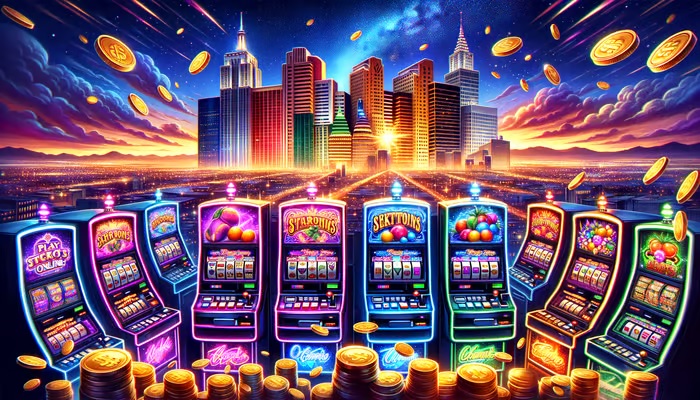Casino loyalty programs are a powerful tool used by casinos to influence player behavior, particularly in relation to slot machine players. These programs, also known as rewards or players’ clubs, offer incentives such as free play credits, complimentary meals, room discounts, or even access to exclusive events. The core idea behind loyalty programs is to keep players returning to the casino by offering benefits tied to their level of play. However, their impact on slot machine players extends beyond just customer retention, often subtly shaping how long and how frequently they gamble. Slot machine players are particularly susceptible to loyalty programs because these games rely heavily on frequent, repeated play over long periods. Slot machines are designed with built-in psychological mechanisms, such as intermittent reinforcement, which create an addictive gambling experience. Loyalty programs enhance this by providing additional rewards that appear as a bonus for behavior the player is already engaging in.

The perception that they are being rewarded for continued play encourages players to spend more time and money on the machines, even when they are losing. The structure of loyalty programs is also key to their impact. Many operate on a tiered system where the more a player gambles, the more points they earn, unlocking higher levels of rewards. This creates a sense of progression or achievement, motivating players to continue gambling to reach the next level. Slot machine players, in particular, might be tempted to chase these rewards, especially since slot machines typically offer loyalty points at a higher rate compared to table games. This is because slot machines are considered a higher-profit game for the casino, and therefore casinos want to incentivize players to choose them over other gambling options. Beyond just encouraging longer play sessions, loyalty programs can impact how often players return to the casino. Casinos use sophisticated algorithms to track player behavior and send targeted offers based on their past gaming activity.
For instance, a slot player might receive an offer for free play or discounted hotel stays after a period of inactivity, enticing them to return. By doing so, casinos ensure that even when a player takes a break, they are still thinking about their next visit. This constant cycle of rewards and incentives keeps slot machine players engaged over the long term, contributing to the overall stickiness of the casino experience. However, there is a downside to this system. The toto slot players, particularly those vulnerable to problem gambling, loyalty programs can exacerbate compulsive behavior. The constant flow of rewards and the sense of being close to the next tier can drive players to gamble beyond their means. The allure of being part of an exclusive club or receiving VIP treatment can also blur the lines between recreational gambling and excessive gambling. In some cases, loyalty programs might contribute to the development of gambling addiction by encouraging players to chase losses or gamble for extended periods.